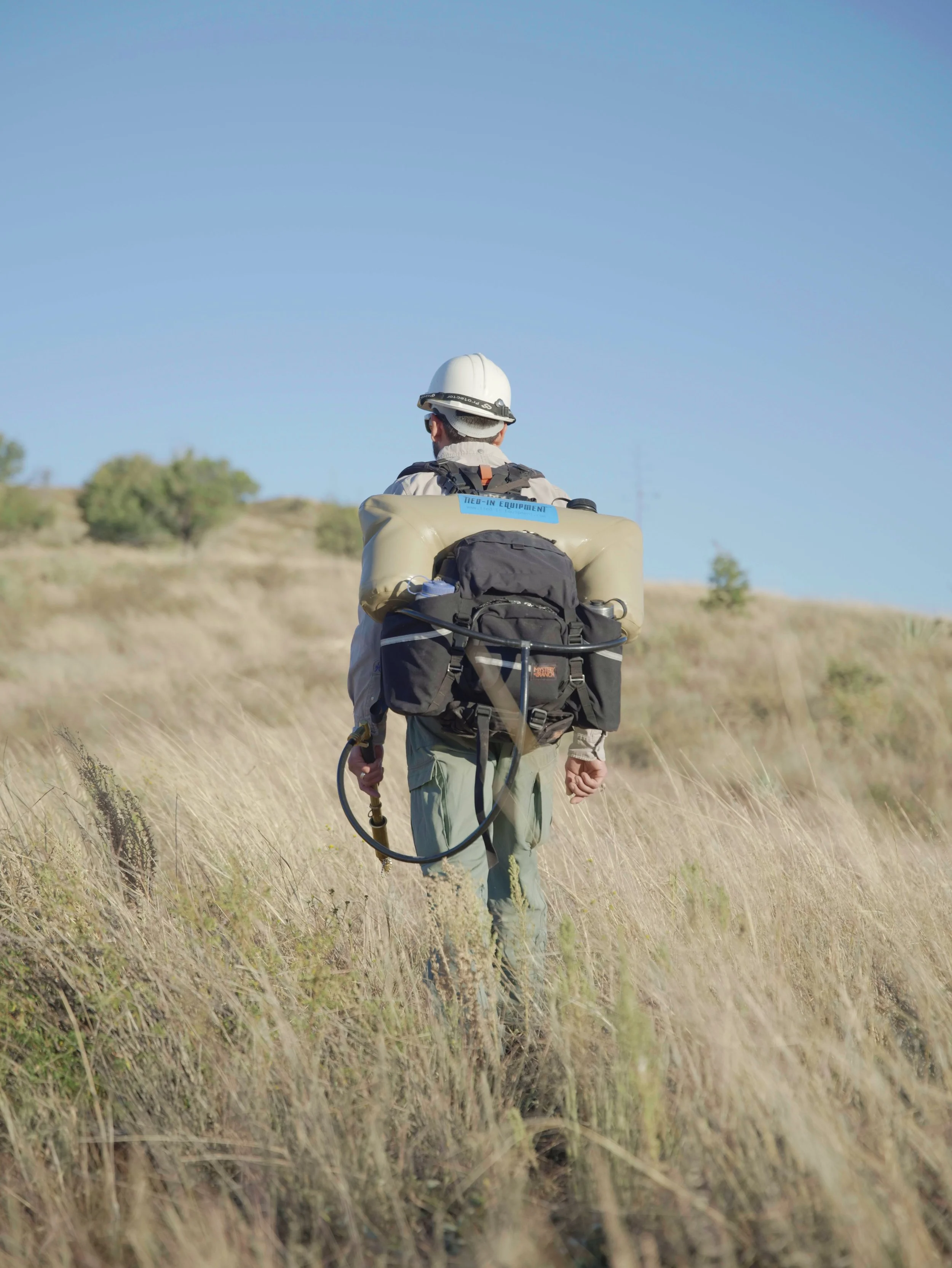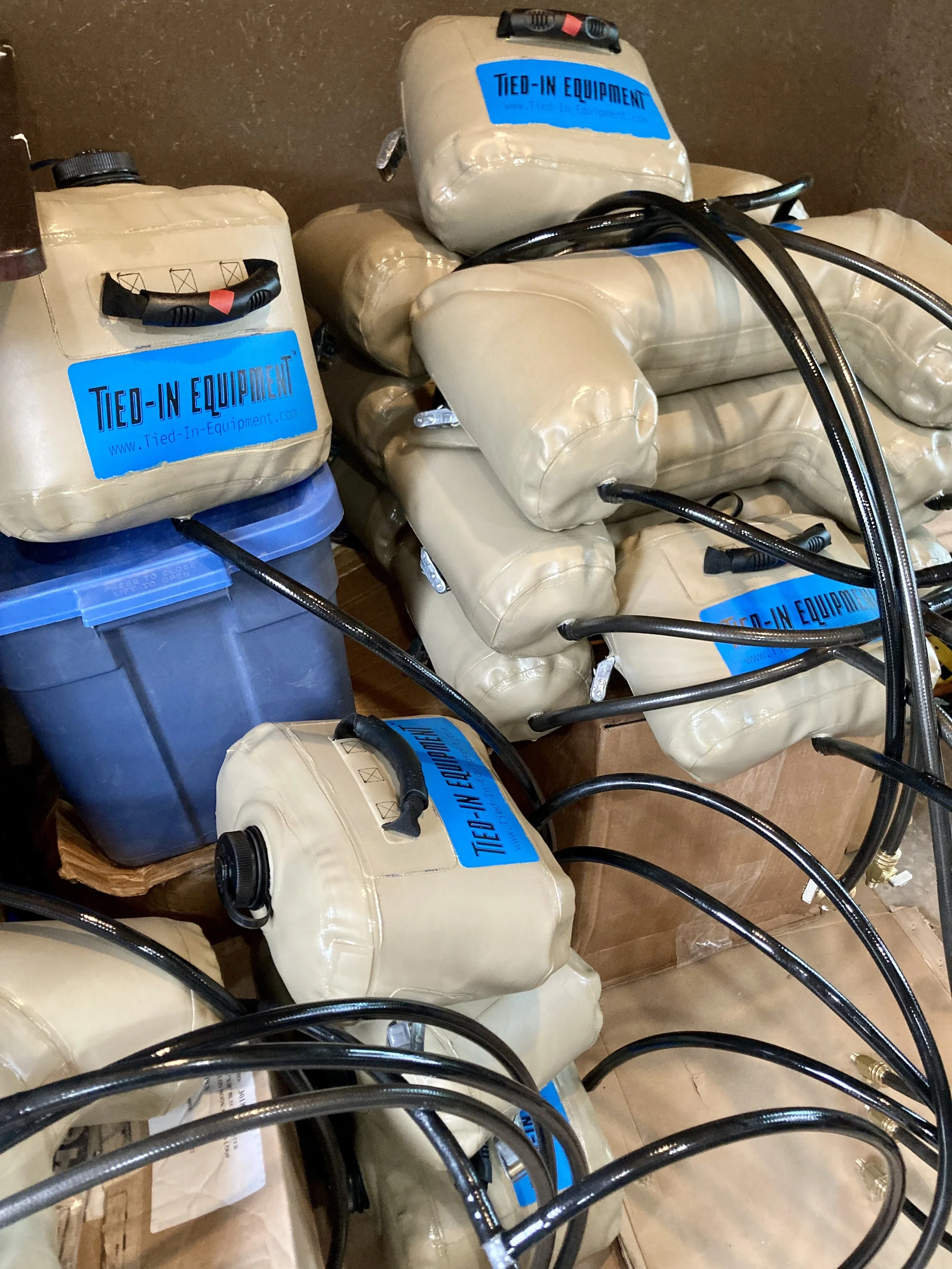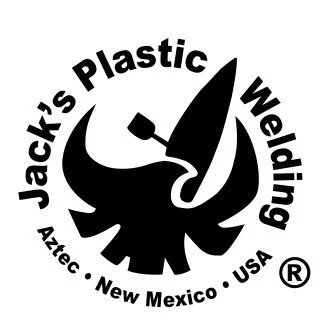
Planetary Health = Human Health
Tied-In believes in making thoughtful decisions across all aspects of the business that, on small and large scale, are good for people and the planet. The same bias to action that serves us well on the fireline also has its value in the product development space. That’s what this section is about.
For starters, manufacturing operations have cumulative and consequential impacts, even serious implications for human and planetary health—good and bad. In recognition of that impact, it is our responsibility to apply a generational timescale (i.e.: What’s the impact of doing XYZ vs all other available options for the next 25+ years?). We apply these overarching principles:
Build only products that add significant value.
Maximize product lifespan.
Minimize harm.
Reduce waste.
Tied-In constantly revisits our process and products to prioritize these four principles and incorporate feedback from the field (go ahead, pat yourself on the back). And seriously, we want your to hear about your experience with the packs—you might be seeing something that isn’t captured in our testing. So LET US KNOW HERE.
The plastic coated fabrics that form the bladders themselves deserve close scrutiny. These are incredible materials, but they are petroleum-based and not all are created equal. Certain polymers, polyvinyl chloride (PVC) in particular, release harmful byproducts in each part of the product lifecycle—manufacturing, use and disposal.
To minimize these harms, Tied-In selected a Thermoplastic Poly Urethane (TPU) coated, high tenacity polyester weave base fabric which simply does not contain the laundry list of teratogens, toxins and endocrine disrupting byproducts as PVC. TPU is not without its own hazard—the polymer does release toxic fumes when hot-air or radio frequency welded. So personnel must still wear an air supplied respirator when welding TPU to effectively mitigate exposure to these fumes during manufacture. But our commitment to use TPU, which is a much more expensive material, is also a commitment to remove the numerous known health and environmental costs of PVC from the whole product lifespan. (For this and other reasons—see below—we also chose TPU hose.)
Throughout the product lifecycle and in numerous other categories, TPU has desirable advantages. The fabric and hose we use carries the NSF61 Drinking Water Safe designation for potable water approvals. It offers spectacularly robust rip/tear/puncture/abrasion resistance. It offers superior UV resistance and chemical resistance when compared to other options. And technically it is biodegradable back to its constituent elements without resulting in any known harms to soil and water health—although, realistically this material would take a very, very long time to biodegrade. These qualities make it the safer option for people and the environment, and make the material uniquely suited for a high-performing, long-lifespan tool in the wildland fire setting. With our overarching principles in place, we then work with our manufacturing partner in New Mexico, revisiting design and manufacture steps to reduce waste.
…For the record, the welding wizards at Jack’s Plastic Welding in Aztec, New Mexico (of Paco Pad and whitewater inflatables fame) craft our packs. And they are, without exaggeration, in a class all their own regarding the sophistication of their engineering, pattern making, layout work and welding capabilities. They do special projects for NASA for good grief almighty! Needless to say, Tied-In is humbly honored to be partnered with such a down-to-earth and insanely talented team based right here in the Great American Southwest.
Product Lifecycle
We break up the concept of product lifespan into three parts:
Manufacture/Design
Use
Disposal/Upcycle


